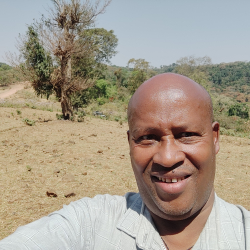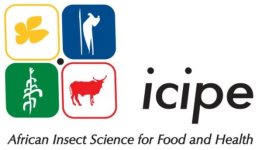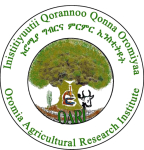Beyond its vital role in protecting biodiversity, beekeeping provides an ideal, low-capital, accessible and empowering micro-entrepreneurship opportunity in both urban and rural areas enabling a low-entry barrier, non-farm income that increases climate change resilience and can be carried out despite the ongoing COVID-19 pandemic. But the livelihoods of beekeepers in Uzbekistan and Ethiopia directly depend upon the health of their bees and surrounding ecosystems. Input-intensive agriculture, including the use of pesticides, challenges honeybees’ health and decreases the pollination services that are vital for local agri-food systems and biodiversity.
In both countries, climate change constitutes a major challenge to beekeepers’ ability to maintain sustainable livelihoods and efforts to support them are impeded by a lack of available infrastructure to facilitate training. Moreover, male-dominated structures that govern land ownership and other intersectional forms of discrimination lead to gender-differentiated impacts of climate change, where it is more difficult for women to practice climate-smart agriculture.
While many challenges are addressed by our ongoing AI-Driven Climate-Smart Beekeeping (AID-CSB) for Women project (e.g. easy record-keeping and pest management), our extensive user research and co-development process over the last six months has identified some of the key challenges these beekeepers face. Therefore, we believe we can do more to support beekeepers by expanding the scope of our current project to generate evidence on the relationship between environmental factors and bee health, and improve their ability to identify bee diseases.
We thus propose extending the functionality of the beekeeper’s companion app that incorporates traditional and local knowledge of beekeepers while optimizing practices using a climate-smart approach to provide women with a low-entry barrier and non-farm economic activity.















